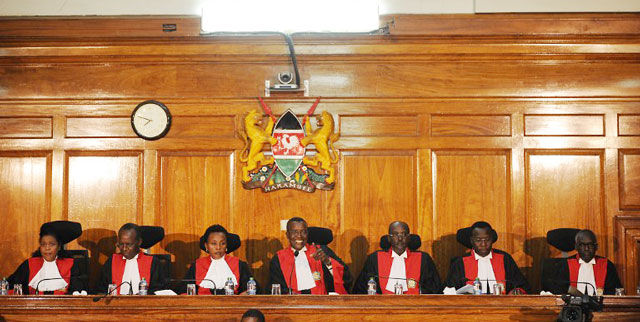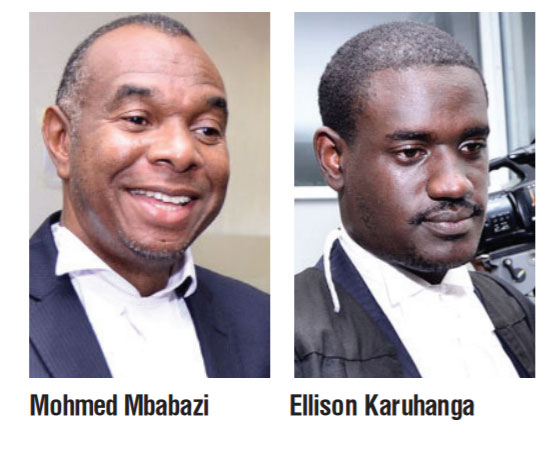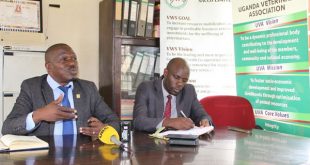
The substantiality test
Apart from this, Mbabazi believes that noncompliance, however seemingly small, should be enough grounds for court to annul an election.
Critics of this view say noncompliance is not enough reason as court must subject petitions to the “substantiality test”— proving that the noncompliance affected the result of the election in a substantial manner.
“The question of substantiality is really common sense,” Karuhanga told The Independent, “It is there to ensure that the will of the people is not subverted lightly.”
But Mbabazi insists that the substantiality test puts undue focus on the numbers and yet it should be on the law. To make his point, he gave a scenario.
The constitution says voting should be by secret ballot. What if the EC said there are not enough ballot boxes, let us have people vote by lining up and one of the candidates got 500 people lining up behind him and another only two.
“Would that represent the will of the people or not?” Mbabazi asked rhetorically, “It would. But it would be a gross contravention of the constitution and that election be a nullity according to the constitution.”
So, he said, integrity goes alongside the will of the people.
“When the integrity of an election is compromised,” Mbabazi said, “the will of the people has been compromised too.”

Mbabazi said that while the test to pass before the courts in Uganda is quantitative, the Kenyan court has raised the bar.
“They have said that what matters is the quality of the election or the integrity,” Mbabazi said, “here the emphasis has been on the quantitative test. It shouldn’t be the case.”
During the 2001 presidential petition in which Kizza Besigye was challenging Museveni’s victory, Mbabazi, who was then one of the lead lawyers for the petitioner, made that point before the Supreme Court.
He presented evidence that Presidential Protection Unit (PPU) now under Special Forces had killed a person—a one Berondera– during campaigns in Rukungiri district. His argument was that the EC had failed to ensure a peaceful environment for elections and that it was not an election where people were being killed. The late Justice Haggai Oder who was on the bench at the time picked interest.
“Counsel,” the late justice said referring to Mbabazi, “please sit down. Can someone address me from the defense, what is the effect of that?
Peter Kabatsi, then Solicitor General and lead counsel for the defendant stood up and said; “that is one vote less.”
Mbabazi seized the moment. The difference in votes between Museveni and Besigye then was 1.4 million votes.
“I think you have heard,” he said, “to pass the quantitative test, you need 1.4 million deaths.” There was uproar in court.
Mbabazi had made the point, which he said has been buttressed by the Kenyan ruling. “It is not about the numbers or the quantity,” he said, “it is about the quality or the integrity of the election.”
 The Independent Uganda: You get the Truth we Pay the Price
The Independent Uganda: You get the Truth we Pay the Price



aaa美好的一天aaa